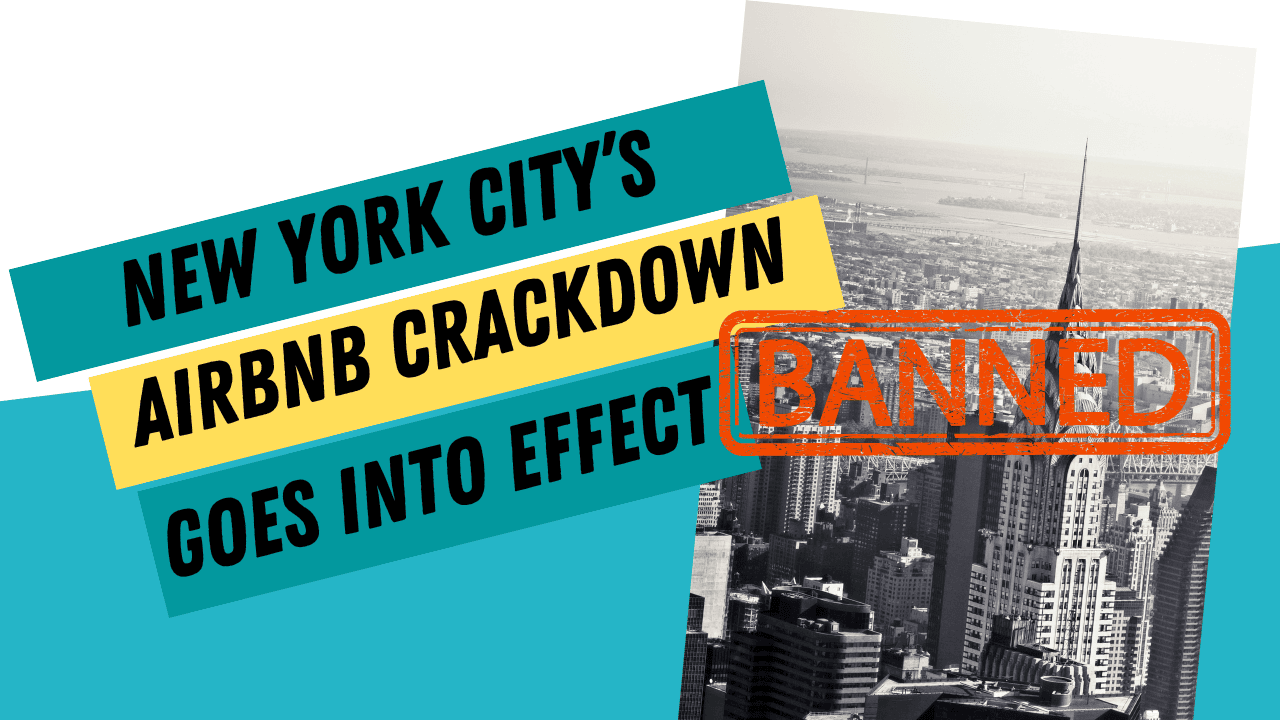New York City's Airbnb Crackdown Sees Over 90% Listing Drop, Rental Prices Still Rise

New York City's stringent Local Law 18, which went into full effect on September 5, 2023, has drastically reshaped the short-term rental market, leading to a significant reduction in available listings on platforms like Airbnb. Despite the law's aim to alleviate the housing crisis, rental prices in the city have continued their upward trend, while the hotel industry has emerged as a primary beneficiary. "We also saw rental prices still rise in NYC after banning Airbnb and the main winners out of that fight just ended up being the Hotels," observed Tahra Hoops, highlighting the complex outcomes of the regulation.
Local Law 18, also known as the Short-Term Rental Registration Law, mandates that hosts register with the Mayor's Office of Special Enforcement (OSE) and requires them to be physically present during guest stays for rentals under 30 days in most residential units. This effectively prohibits the rental of entire apartments for short periods unless they are in specific Class B dwellings like hotels. Booking platforms are now barred from processing transactions for unregistered listings, facing fines for non-compliance.
The enforcement of the law led to a dramatic decrease in short-term rental availability. Reports indicate that Airbnb listings in New York City plummeted by over 90%, from approximately 22,000 before the law's full implementation to around 2,300 to 4,000 listings by early 2024. This substantial reduction was intended to free up housing units for long-term residents and curb the proliferation of "illegal hotels."
Despite the sharp decline in short-term rentals, the city's housing affordability challenges persist. The median asking rent for NYC apartments increased by 2.1% from October 2023 to October 2024, a rise greater than that seen in comparable major U.S. cities. This trend suggests that the law has not yet delivered on its promise to significantly lower rental costs or expand housing supply.
The economic impact has been particularly severe for small businesses in New York's outer boroughs, which previously relied on tourism generated by short-term rentals. "Small businesses in the outer boroughs relied on the revenue that Airbnb guests provided, and that traffic just about stopped overnight," Hoops stated. This sentiment is echoed by data suggesting outer boroughs could experience $1.6 billion less in projected visitor spending and reduced foot traffic for local establishments.
Conversely, the hotel industry has seen a notable boost in business, as tourists seeking accommodations for short stays are increasingly directed towards traditional lodging options. The shift has consolidated tourist dollars within established hotels, particularly in Manhattan, given the scarcity of alternative options outside the borough. The long-term implications of Local Law 18 continue to be debated, with some city officials hailing it as a success in regulating illegal short-term rentals, while hosts and platforms like Airbnb argue it disproportionately harms small-time operators and local economies.